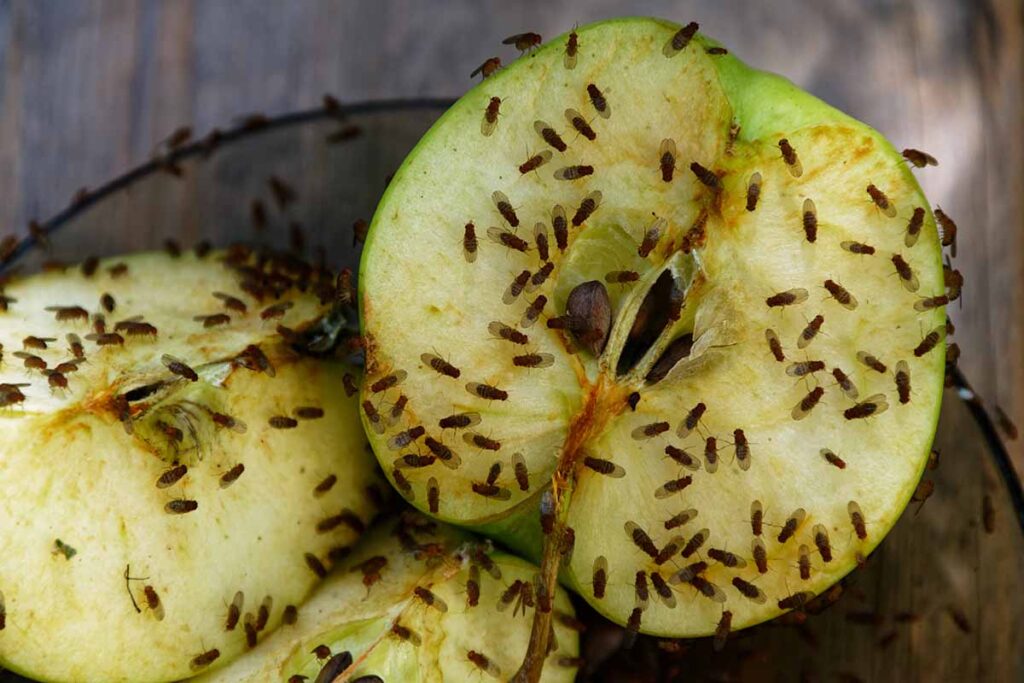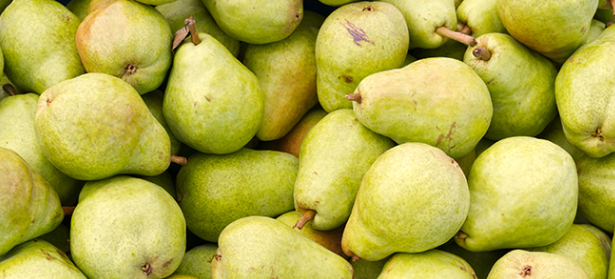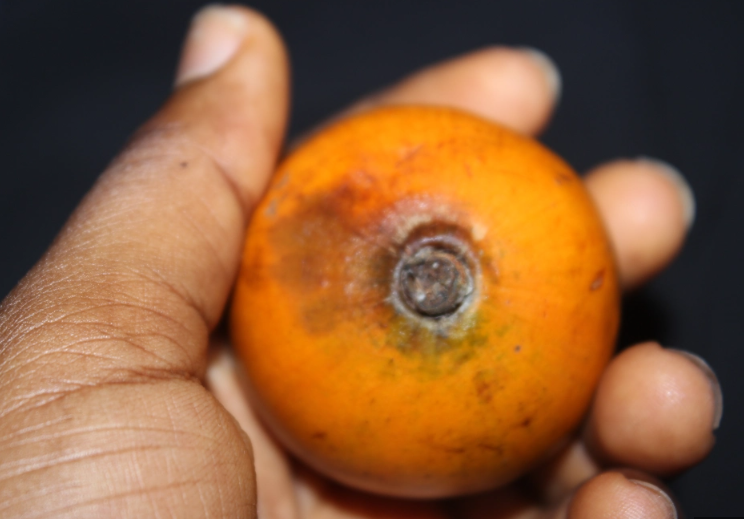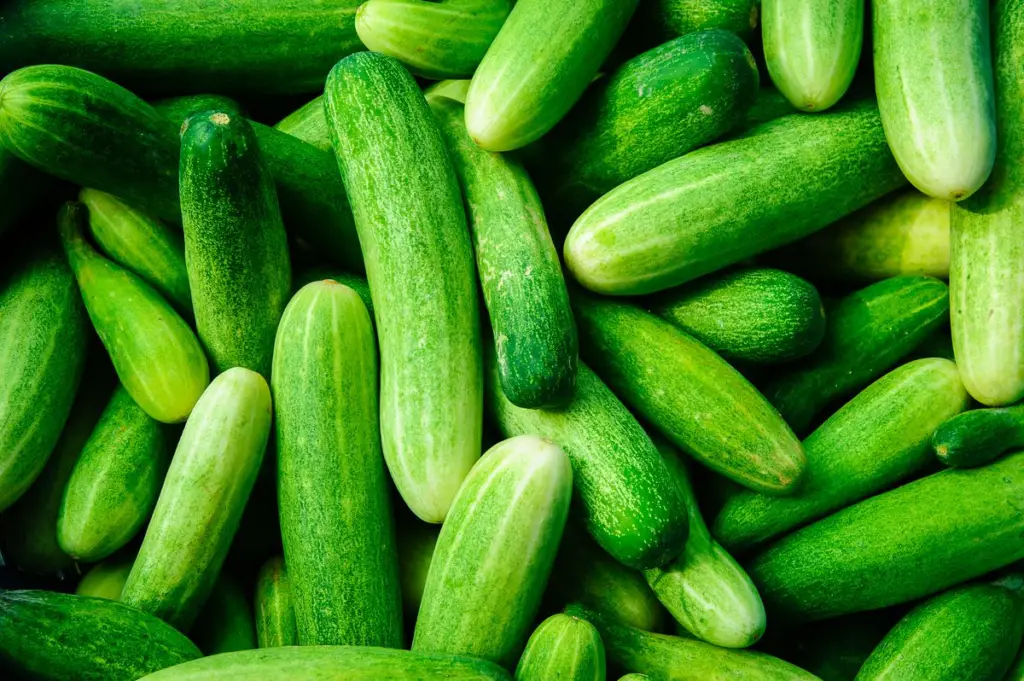Our bodies need cholesterol to work right. But if you have too much in your blood, it can stick to the walls of your arteries and cause heart problems.
Lots of people want to use natural foods to control their cholesterol. One common question is whether eating pears can make your cholesterol levels go down. We’ll look at what pears are made of, how they might help with cholesterol, and what research says about this.
Table of Contents
- What Is Cholesterol?
- Why You Should Keep Your Cholesterol in Check
- Can Pears Lower Cholesterol?
- A Handy Fruit for Heart Health
- What’s in a Pear?
- Pears in the Fight Against Cholesterol
- Packed with Fiber
- Antioxidants in Pears
- Pectin’s Role in Bringing Down Cholesterol
- Pears and a Diet for a Happy Heart
- Summing It Up
- Can pears help people with high cholesterol?
- How many pears should I eat to help lower my cholesterol?
- Can eating pears to control cholesterol have any bad effects?
- Does pear juice lower cholesterol like whole pears do?
- What are other good foods for lowering cholesterol?
What Is Cholesterol?
First, let’s get to know cholesterol. It’s this waxy stuff in our blood that our bodies use for important stuff like making hormones and helping our cells work.
Cholesterol is in our blood and cells, and it’s needed for making things like hormones, building cell walls, and creating substances that help us digest food.
Why You Should Keep Your Cholesterol in Check
It’s super important to keep cholesterol at a healthy level. Too much can lead to heart disease and other health troubles.
There’s a type of cholesterol called LDL, or “bad” cholesterol, that can build up and clog your blood vessels. This isn’t good because it can lead to heart attacks and strokes.
Then there’s HDL, or “good” cholesterol. HDL helps clean out the bad cholesterol from your body, which helps keep your heart healthy.
Can Pears Lower Cholesterol?
A Handy Fruit for Heart Health
Pears might lower cholesterol because they have a lot of fiber—especially a kind called soluble fiber, like pectin. Soluble fiber can grab cholesterol in your gut and help get rid of it. Choosing to eat pears and other healthy foods can be good for controlling cholesterol.
What’s in a Pear?
Pears are a tasty fruit that you can munch on as a quick bite or mix into different foods.
They don’t have a lot of calories, so they’re a smart pick if you’re watching your weight. Pears are full of good stuff like vitamins and minerals, and they’ve got plenty of fiber which might help with our health in many ways.
Pears in the Fight Against Cholesterol
The fiber in pears is a big reason they could be great for managing cholesterol.
Fiber is a type of stuff our body can’t digest, so it just goes through our system. As it moves along, it can latch onto cholesterol and help our bodies get rid of it.
Packed with Fiber
A medium pear has about 6 grams of fiber. That’s a lot!
The soluble kind of fiber in pears, like pectin, is especially good for lowering cholesterol. It turns into a gooey mix in your gut, which grabs the cholesterol and helps your body get rid of it.
Antioxidants in Pears
Pears are also stocked with antioxidants. These guys fight off cell damage and swelling in your body. They help keep you safe from long-term diseases, including heart problems.
Antioxidants have lots of health benefits, but we’re not yet sure if they actually lower cholesterol. Still, they’re good for your heart, and that’s important too!
Pectin’s Role in Bringing Down Cholesterol
Since pears have a good amount of pectin, they’re pretty interesting when we talk about cholesterol.
Pectin can work like a sponge in your belly, grabbing onto cholesterol which can help lower the amount in your blood.
Pears and a Diet for a Happy Heart
Pears themselves aren’t a cure-all for cholesterol, but when you add them to a diet that’s full of fruits, veggies, whole grains, and lean meats—and you get some exercise too—they can really help keep your cholesterol in check.
So, enjoy some pears! They’re tasty and can help you stay healthy because of their vitamins, minerals, and all that fiber.
Summing It Up
Pears are a yummy and good-for-you treat that fit well in a balanced diet. Thanks to their fiber and antioxidants, they might play a role in lowering cholesterol, but it depends on the person.
Eating pears as part of a heart-friendly diet, with other healthy habits, can be a good step towards controlling your cholesterol.
FAQs
Can pears help people with high cholesterol?
Yes, pears may help people with high cholesterol. They are full of fiber, which can stick to cholesterol in your stomach and help get rid of it. But remember, you should eat them as part of a balanced diet and use other ways to lower cholesterol too.
Advertisements
How many pears should I eat to help lower my cholesterol?
There isn’t a set number of pears to eat to lower cholesterol. It’s best to eat different kinds of fruits and veggies, pears included, for a healthy diet. If you want advice that’s just for you, talk to a doctor or dietician.
Can eating pears to control cholesterol have any bad effects?
Eating pears is mostly safe and doesn’t usually cause bad effects. If you eat them without overdoing it, they can be a safe part of your diet.
Does pear juice lower cholesterol like whole pears do?
Pear juice might have some good stuff from pears, but it usually has less fiber and more sugar than whole pears. For helping with cholesterol, eating the whole pear is better because of the extra fiber.
What are other good foods for lowering cholesterol?
Besides pears, you can eat foods like oats, beans, fish with lots of good fats, nuts, olive oil, and others high in soluble fiber, like apples and barley, to help lower your cholesterol.
Can pears help people with high cholesterol?
Yes, pears may help people with high cholesterol. They are full of fiber, which can stick to cholesterol in your stomach and help get rid of it. But remember, you should eat them as part of a balanced diet and use other ways to lower cholesterol too.
How many pears should I eat to help lower my cholesterol?
There isn’t a set number of pears to eat to lower cholesterol. It’s best to eat different kinds of fruits and veggies, pears included, for a healthy diet. If you want advice that’s just for you, talk to a doctor or dietician.
Can eating pears to control cholesterol have any bad effects?
Eating pears is mostly safe and doesn’t usually cause bad effects. If you eat them without overdoing it, they can be a safe part of your diet.
Does pear juice lower cholesterol like whole pears do?
Pear juice might have some good stuff from pears, but it usually has less fiber and more sugar than whole pears. For helping with cholesterol, eating the whole pear is better because of the extra fiber.
What are other good foods for lowering cholesterol?
Besides pears, you can eat foods like oats, beans, fish with lots of good fats, nuts, olive oil, and others high in soluble fiber, like apples and barley, to help lower your cholesterol.









